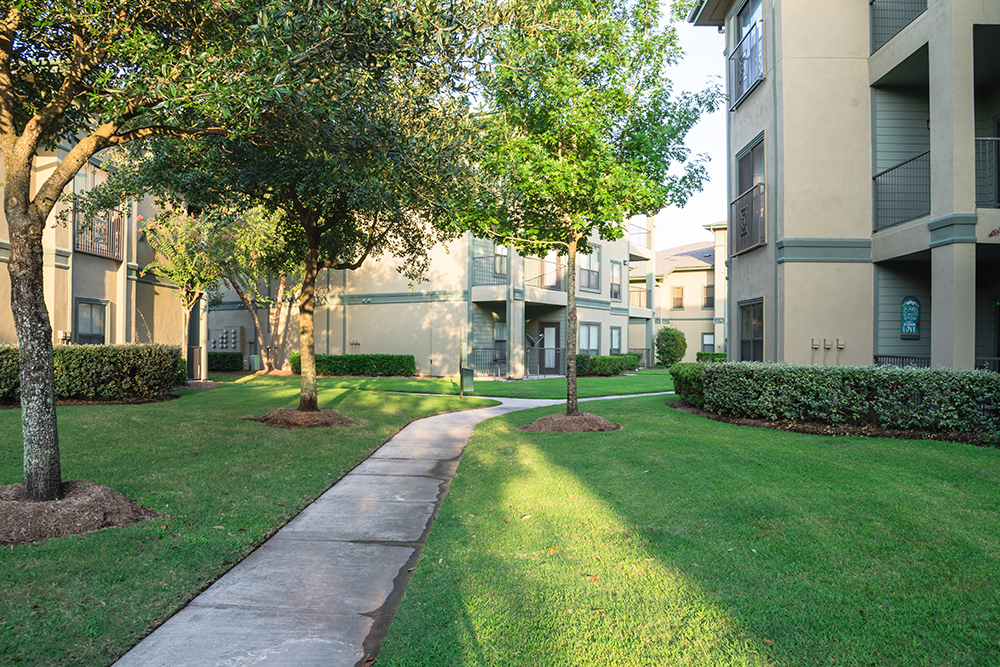
Q: If we are aware of a confirmed COVID-19 infection in our community, are we obligated to report it to the Health Department?
A: No, under Section 338.0031 of the Florida Statutes, only specified entities are required to report infectious diseases. Community associations are not on that list.
Q: Can we close down our common amenities such as swimming pool, exercise rooms and tennis courts.
A: In my opinion, the answer to this is clearly yes and most associations I work with have either closed or severely curtailed the use of all recreational amenities. Social events should also be cancelled or indefinitely postponed.
Q: Can we cancel association meetings until the pandemic subsides.
A: Yes, this is addressed in most bylaws and in several different statutes. If you are having an election or voting on an important issue, contact your attorney as there may be ways to address these issues without the necessity of cancelling the meeting.
Q: Does this emergency excuse compliance with the sunshine laws?
A: In my opinion, no. However, this is clearly an emergency, so normal notice requirements are excused. Also, meetings with legal counsel can generally be closed. However, I recommend that actions taken under the auspices of emergency be ratified by the board at a properly noticed, open meeting.
Q: Can we make owners who wish to attend open board meetings do so by remote means, such as conference call or a zoom video?
A: There is nothing in the playbook for many of these questions, so the best you can do is act reasonably. In my opinion, a board meeting where unit owners are given the opportunity to call or log in on the same footing as board members, and who can ask questions at the appropriate time, would be considered to have been given their rights. However, this is probably not the best time for the board to be making major decisions that are not time sensitive or necessary to get through the pending crisis.
Q: Can we excuse our unit owners who have lost their jobs from paying their assessments?
A: In general, the statutes prohibit excusing any unit owner from paying their share of assessments unless all other owners are excused. Contact your attorney. Depending on your cash flow needs and the fiduciary duty to operate the community, there may be ways to work with these owners such as suspending late fees or perhaps waiving interest.
Q: What can we do if someone is violating our emergency rules?
A: Almost every association I have come across has adopted some kind of rule. Most of them were prepared by someone other than the attorney for the community who knows their operation, their legal documents and the law. As often as not, they contain unenforceable or highly questionable provisions, or require association employees to do things that puts them at unnecessary risk.
So just because the building next door is doing it, or you get a free form from a management company or another association that has allegedly “been run by the lawyers”, take that with a grain of salt. There are plenty of open legal questions out there, as well as many urban legends that have taken hold. So before you worry about how to enforce what you are requiring, make sure that what you want to do is actually enforceable.
As a practical matter, access to the courts is very difficult now, certainly with the rapidity that would be needed to address the kind of issues we are dealing with here. In cases where the conduct also violates state or local emergency orders, the best remedy is through the public health and law enforcement authorities.
Q: Do our board members face liability in this crisis?
A: Generally, association directors are immune from liability unless they steal, violate criminal laws or are “reckless”, which is generally defined as a conscious disregard of a known risk. While COVID-19 is a known risk, if board members act reasonably and in reliance on the advice of those competent in the field, they will be protected by the Business Judgment Rule.





Recent Comments